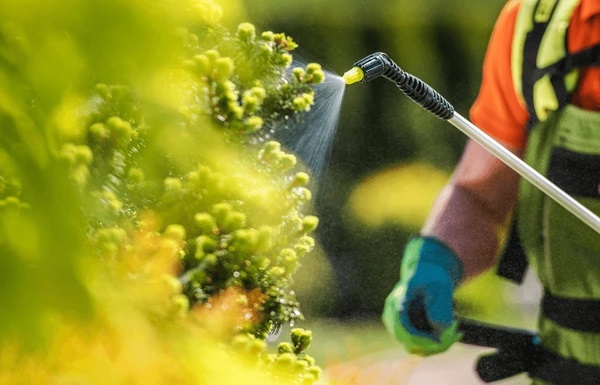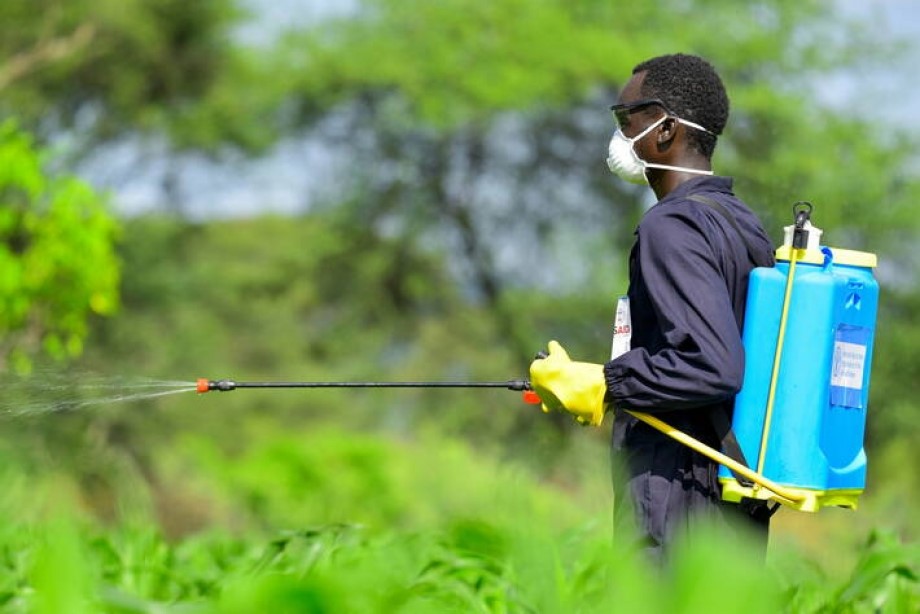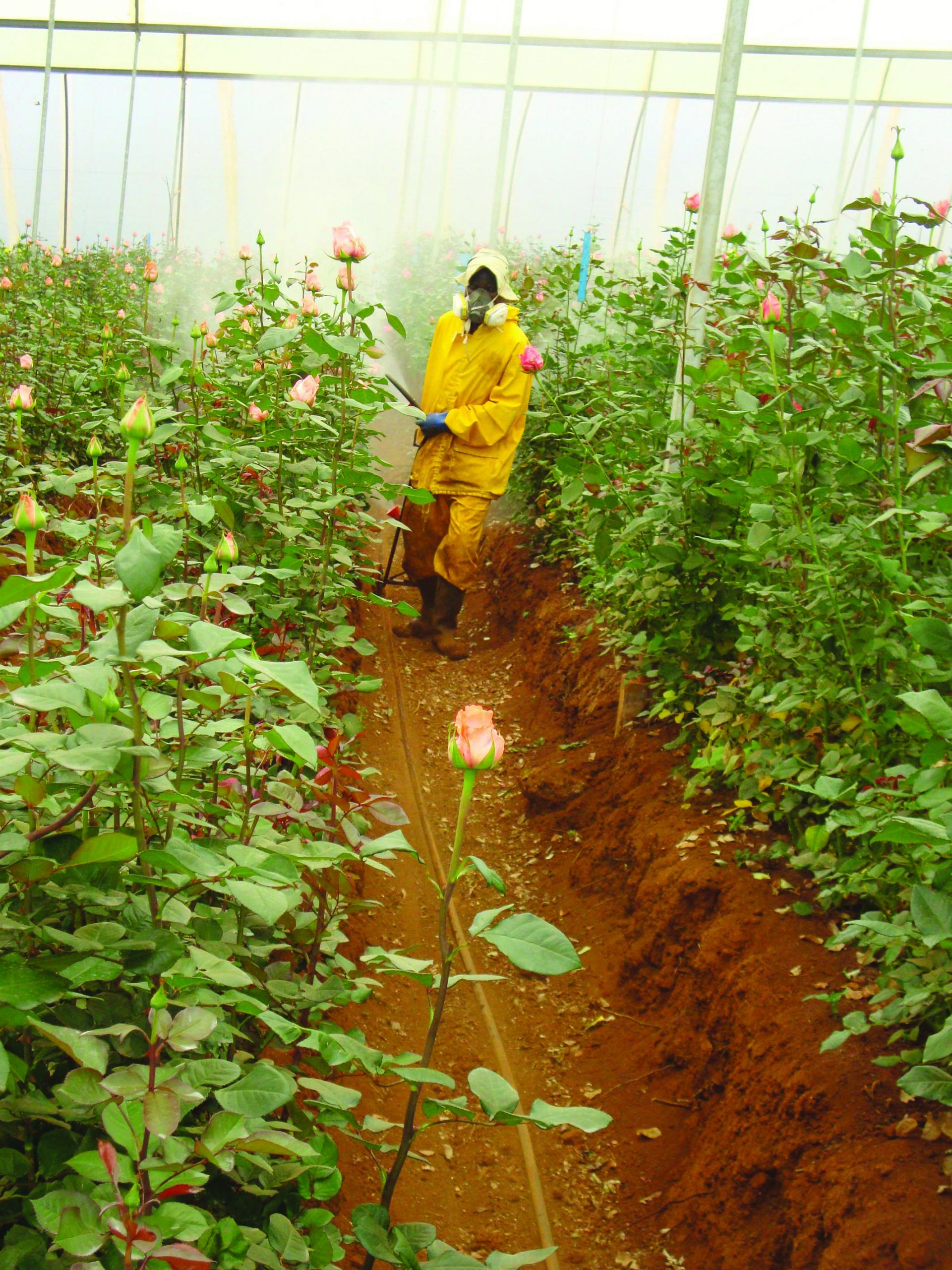
The demand for sustainable and environmentally friendly farming practices has gained prominence. Specialty agriculture, which encompasses high-value crops such as fruits, vegetables, flowers, and ornamental plants, is particularly sensitive to the impacts of pests and diseases.
Traditional chemical fungicides, while effective, often come with drawbacks, including resistance development, residue issues, and negative environmental impacts. In response, microbial bio-fungicides have emerged as a viable alternative, providing an innovative solution to managing plant diseases while promoting sustainable agricultural practices.
What Are Microbial Bio-fungicides?
Microbial bio-fungicides are formulations that utilize beneficial microorganisms, such as bacteria and fungi, to suppress plant pathogens. These products can be derived from naturally occurring organisms or engineered for enhanced effectiveness. Unlike conventional fungicides, which typically act through toxic mechanisms, microbial bio-fungicides work through a range of mechanisms, including:
- Competition: Beneficial microbes compete with pathogens for nutrients and space on plant surfaces.
- Antibiosis: Some microbial species produce compounds that inhibit the growth of pathogens.
- Induced Resistance: Certain microbes can stimulate the plant’s own defense mechanisms, enhancing its ability to resist diseases.
Advantages of Microbial Bio-fungicides
- Sustainability: Microbial bio-fungicides are often derived from natural sources, making them more environmentally friendly than synthetic chemicals. They can help reduce the chemical load in agricultural systems and contribute to soil health.

- Reduced Resistance Development: The diverse modes of action of microbial bio-fungicides reduce the likelihood of pathogens developing resistance, a common issue with chemical fungicides.
- Safety for Non-target Organisms: These bio-fungicides are generally safer for beneficial insects, pollinators, and humans, making them an attractive option for specialty crops that rely on ecosystem services.
- Improved Soil Health: By promoting microbial diversity and activity in the soil, bio-fungicides can contribute to overall soil health, which is essential for sustainable crop production.
- Compatibility with Integrated Pest Management (IPM): Microbial bio-fungicides can be effectively integrated into IPM strategies, enhancing the overall efficacy of pest and disease management.
Challenges in Adoption
Despite their advantages, the adoption of microbial bio-fungicides in specialty agriculture faces several challenges:
- Inconsistent Efficacy: The effectiveness of microbial bio-fungicides can be variable, depending on factors such as environmental conditions, application methods, and the specific pathogen targeted.
- Regulatory Hurdles: The registration and approval processes for microbial bio-fungicides can be complex and time-consuming, which may deter manufacturers from bringing products to market.
- Lack of Awareness and Education: Many farmers are still unaware of the benefits and applications of microbial bio-fungicides. Education and outreach are essential to promote understanding and adoption.

Case Studies and Applications
- Fruits and Vegetables: Studies have demonstrated that microbial bio-fungicides can effectively control common diseases in fruits and vegetables, such as powdery mildew and Botrytis blight. For example, Bacillus subtilis and Trichoderma spp. have shown promise in suppressing these diseases while enhancing fruit quality.
- Ornamental Plants: The use of microbial bio-fungicides in ornamental horticulture has increased, with products targeting diseases like root rot and leaf spot. These applications help maintain the aesthetic quality of plants while reducing chemical inputs.
- Field Trials: Numerous field trials have shown that microbial bio-fungicides can match or even exceed the efficacy of traditional fungicides under specific conditions.
Ongoing research aims to identify the most effective strains and application methods for various crops.
Microbial bio-fungicides represent a promising avenue for enhancing disease management in specialty agriculture. As farmers and consumers increasingly prioritize sustainability, these biological alternatives offer a viable solution to managing plant diseases without compromising environmental integrity. To fully harness their potential, continued research, education, and supportive regulatory frameworks are essential. By integrating microbial bio-fungicides into existing agricultural practices, we can move towards a more sustainable future in specialty agriculture, ensuring the health of our crops, ecosystems, and communities.
